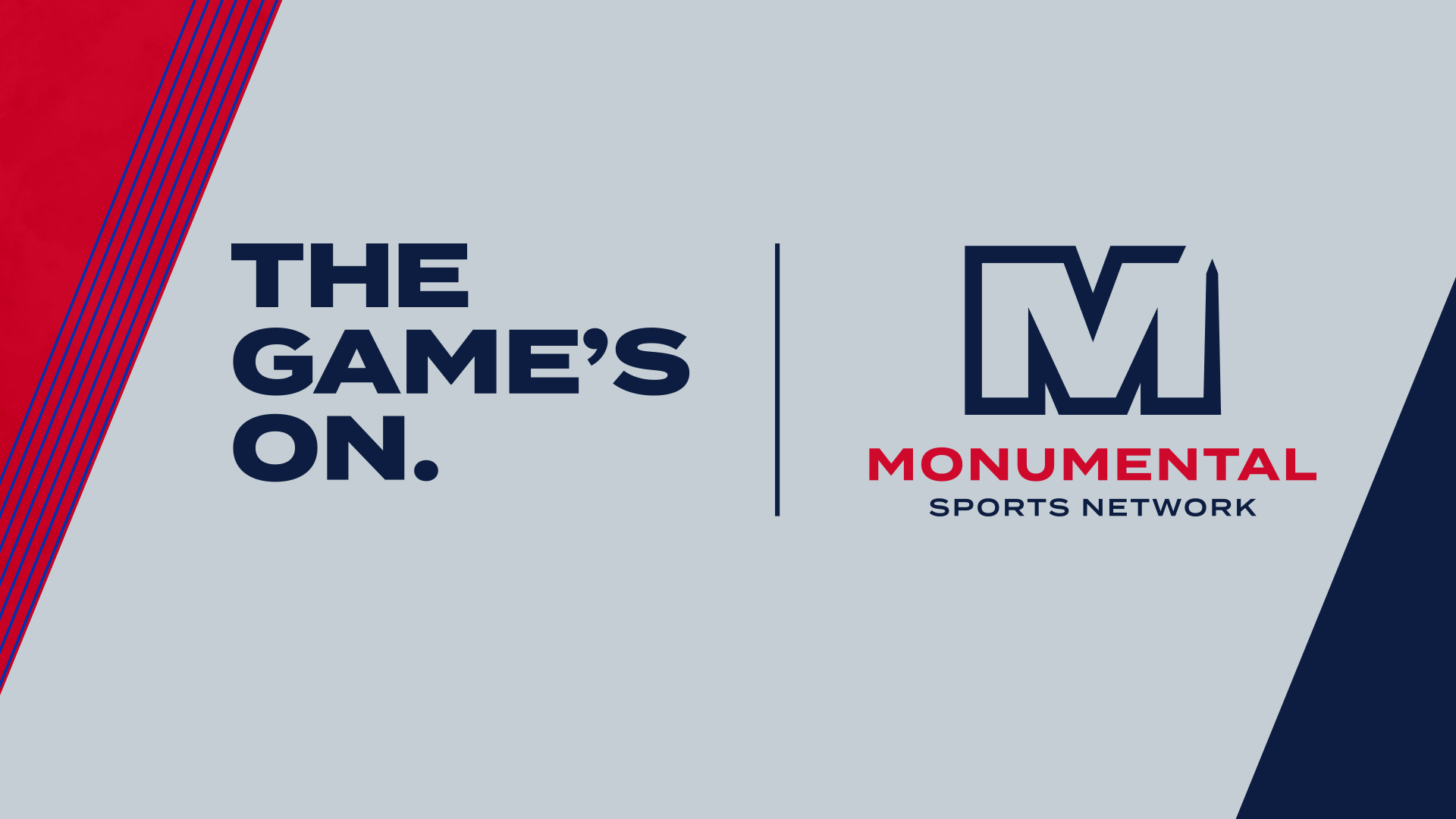- Thread starter
- #1
PumpFake
Well-Known Member
Interesting article in the Athletic regarding field surface.
The gist:
This is what I asked Bosa this week: Could future free-agent decisions turn on whether or not a team plays its home games on natural grass instead of artificial turf?
“Oh, a hundred percent,” Bosa said, nodding his head for emphasis. “Yeah, a hundred percent, for sure. It’s usually the older guys who know more about it. Or guys who have dealt with injuries from it. Because when you’re young and in high school and college, you think it’s fast and fun and it looks good. And then you realize after a few years, it’s like, whew, I’ll do anything to get on some grass.”

The gist:
This is what I asked Bosa this week: Could future free-agent decisions turn on whether or not a team plays its home games on natural grass instead of artificial turf?
“Oh, a hundred percent,” Bosa said, nodding his head for emphasis. “Yeah, a hundred percent, for sure. It’s usually the older guys who know more about it. Or guys who have dealt with injuries from it. Because when you’re young and in high school and college, you think it’s fast and fun and it looks good. And then you realize after a few years, it’s like, whew, I’ll do anything to get on some grass.”














